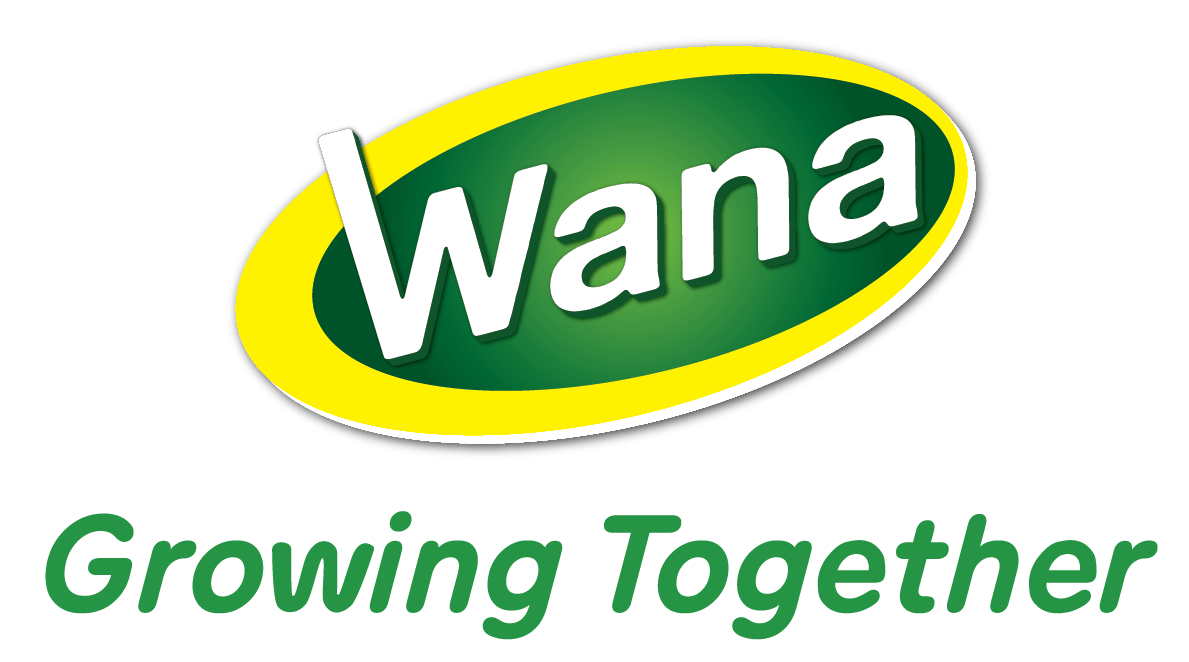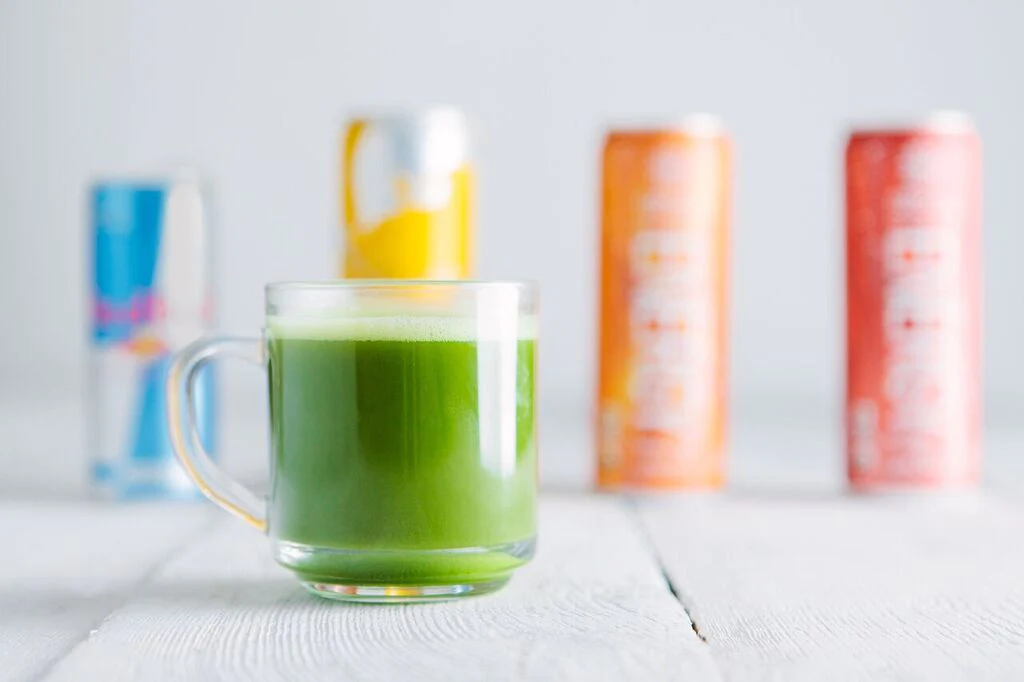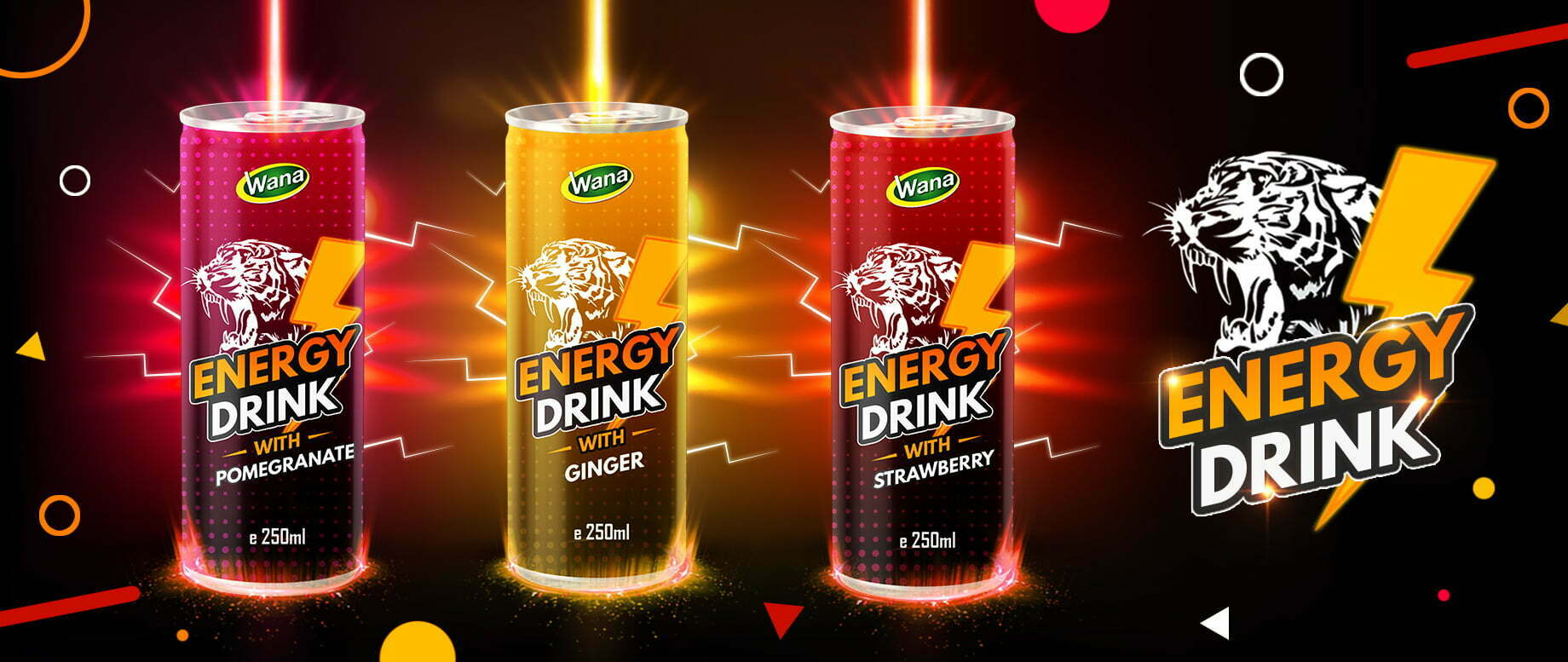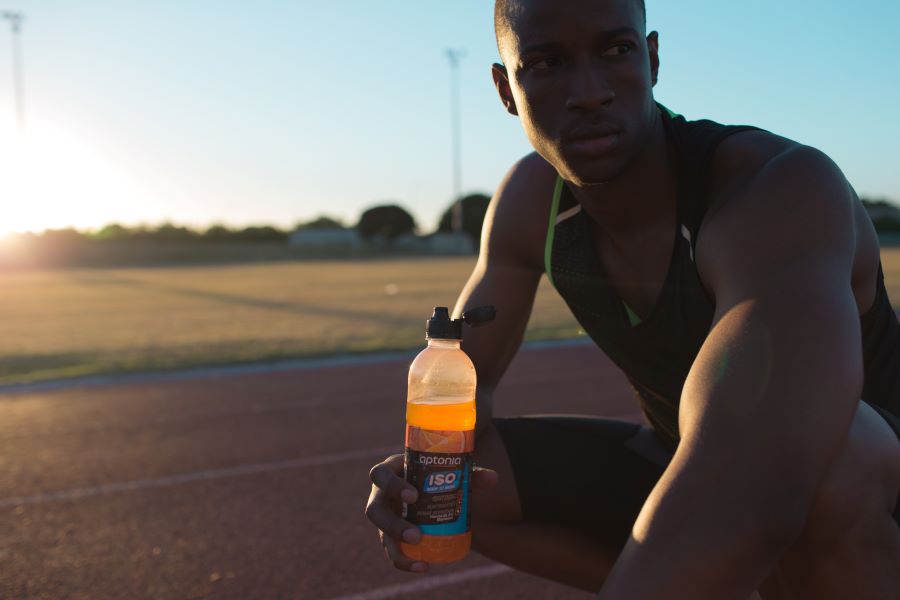The worldwide white label energy drink market achieved a valuation of $57 billion, and it is anticipated to exhibit a compound annual growth rate (CAGR) of 7% from 2023 to 2027. Energy drinks have emerged as a preferred beverage for individuals seeking an alternative to coffee. With expanding prospects in this category, beverage companies are actively exploring diverse ingredient choices to align their products with the preferences of health-conscious consumers who seek cleaner, more natural, and better-for-you ingredients.
Plant-Based and Organic White Label Energy Drink
The incorporation of botanical ingredients for energy delivery enables beverage companies to capitalize on consumers’ perception of the healthful attributes of plants, facilitating the creation of appealing new products and formulations. Here are several promising plant-based components that innovators are employing to develop the next wave of energy drinks for today’s health-conscious consumers.
Read more: Choose Your Appropriate White Label Drinks With Us
Naturally Sourced Caffeine
Derived from sources like coffee beans, cacao beans, Kola nuts, and the leaves, buds, or bark of tea, Yerba mate, or Yoco, natural caffeine serves as a key ingredient. Additional natural caffeine sources include guarana berries, guayusa, and the yaupon holly. Notably, the primary distinction between natural and synthetic caffeine lies in their production methods, with synthetic caffeine being derived from urea and chloroacetic acid, while natural caffeine is extracted from plant-based sources for a botanical caffeine formulation.
Ginkgo Biloba
Native to China, the Ginkgo Biloba tree has been utilized for centuries. Typically, Ginkgo products are crafted from extracts obtained from its fan-shaped leaves. Rich in flavonoids and terpenoids, compounds renowned for potent antioxidant effects, Ginkgo is linked to various health claims and applications, with a predominant focus on brain function and blood circulation.
Ginseng in White Label Energy Drink
Ginseng, sourced from the root of the ginseng plant, is a key extract. Panax ginseng, the prevalent variety used in energy drinks, hails from Korea, China, and Siberia. As an adaptogen, ginseng is thought to enhance the body’s resilience to stressors. Panax ginseng contains active compounds such as ginsenosides or panaxosides, associated with improved concentration, memory, and other cognitive functions.
Green Coffee Bean Extract
Extracted from coffee beans that haven’t undergone roasting, green coffee bean extract is derived from unprocessed coffee. While it does contain caffeine, the levels are lower than those found in regular coffee. Approximately 20 mg of caffeine is present in one cup of green coffee, in contrast to the 95 mg found in a cup of typical coffee. Additionally, green coffee beans boast chlorogenic acid, known for its antioxidant and anti-inflammatory properties.
Concentrated Green Tea Extract
Derived from the Camellia Sinensis plant, green tea extract is a concentrated supplement sourced from green tea leaves. This extract is rich in antioxidants, polyphenols, vitamins, and flavonoids inherent in green tea. The polyphenols present in green tea are robust antioxidants associated with supporting the body in combating heart disease, diabetes, weight gain, and cancer. The caffeine content in green tea extract varies among brands, ranging from 25 milligrams to over 200 milligrams.
L-theanine
L-theanine, a non-protein amino acid, is predominantly present in green and black tea as well as certain mushrooms. Associated benefits of L-theanine encompass the reduction of anxiety, stress, and insomnia. Recognized for contributing to the umami flavor, L-theanine is sometimes combined with caffeine in certain products to enhance cognitive skills. This combination is favored by energy drink manufacturers as it mitigates many adverse effects associated with caffeine consumption. When paired with caffeine, it not only provides a sustained energy source and heightened focus but also alleviates negative side effects like anxiety, jitters, and the notorious “caffeine crash.”
Yerba mate
Yerba mate, an herb indigenous to South America, stands out as one of the few plants naturally containing caffeine. With 85 mg of caffeine per cup, yerba mate offers less caffeine than coffee but more than tea. Beyond caffeine, it encompasses a wealth of nutritional elements, including 24 essential vitamins, minerals, antioxidants, and 15 amino acids. Rich in additional beneficial compounds such as flavonoids, trace minerals, polyphenols, fatty acids, and chlorophyll, yerba mate’s dominant antioxidant is chlorogenic acid, akin to the antioxidant found in green coffee beans.
Vitamin B
B Vitamins constitute a group of essential nutrients that play various roles in supporting bodily functions. Although they may not provide an immediate energy boost like caffeine, B vitamins are crucial for the body’s energy production. Vitamin B-12, along with other members of the B-vitamin complex, contributes to metabolic functions. Commonly incorporated into energy drinks are Vitamin B3 (Niacin), Vitamin B6 (Pyridoxine), and Vitamin B12 (Cobalamin). Additionally, certain energy drink brands may include Vitamin B2 (Riboflavin) and Vitamin B5 (Pantothenic Acid).
Read more: Exploring The Rise Of White Label Energy Drinks
These ingredients represent only a fraction of the elements employed by white label energy drink manufacturers. It aims to address the increasing preferences of consumers for healthier, more flavorful, and convenient methods to energize their bodies. With ongoing research and a widening acceptance fostering increased investment in natural energy components, both this roster and the potential for innovation in beverage formulations are poised to expand further.







